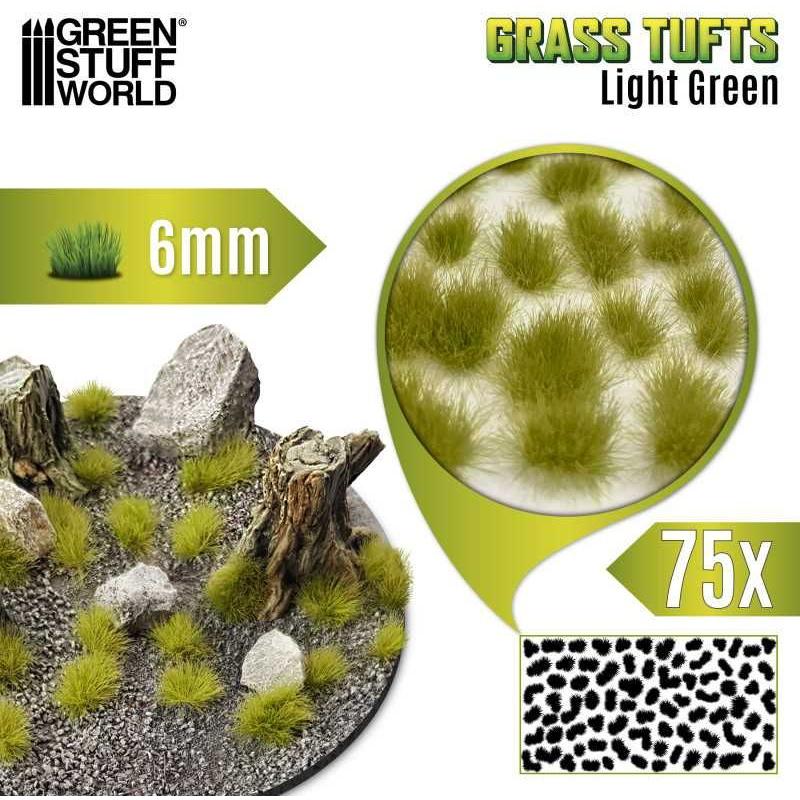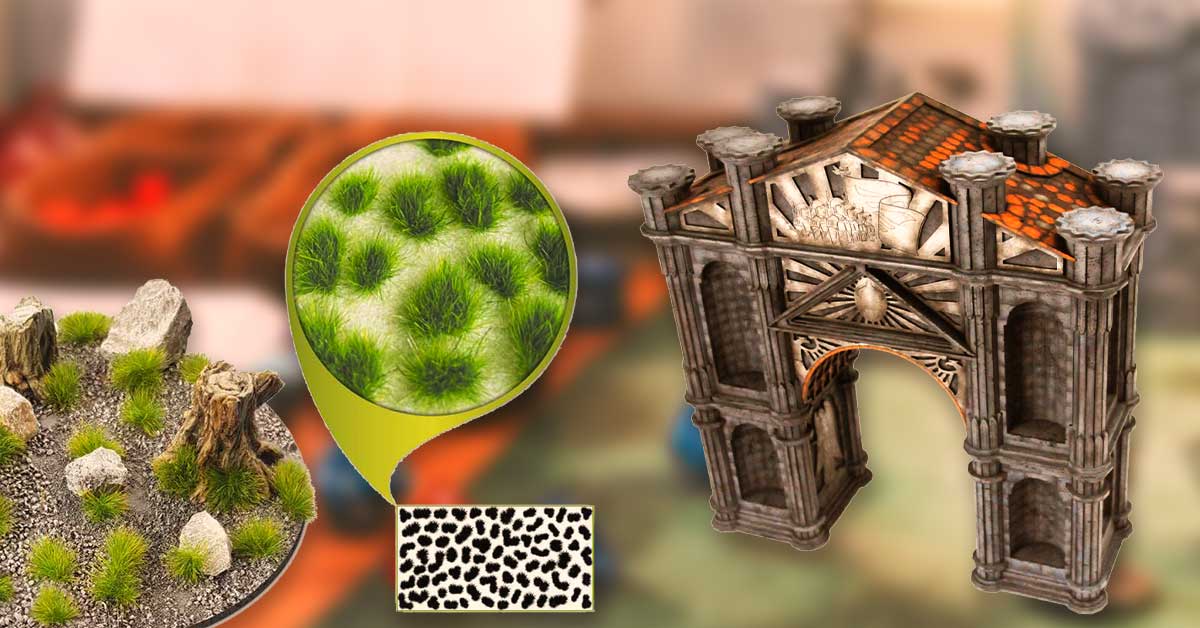Getting Kids Started On Tabletop Gaming: A Parent's Guide
Unlock creativity, critical thinking, and family bonding through interactive play
Tabletop gaming offers an engaging, screen-free activity that fosters creativity, critical thinking, and social skills in children. As parents seek alternatives to digital entertainment, board games and role-playing games (RPGs) provide an excellent opportunity for family bonding and skill development. This guide will help you navigate the exciting world of tabletop gaming with your children, from selecting age-appropriate games to building immersive game worlds.
| Key Takeaways | |
|---|---|
| Skill Development | Enhances problem-solving, strategic thinking, and social skills |
| Creativity Boost | Encourages imagination through storytelling and world-building |
| Screen-Free Entertainment | Provides an engaging alternative to digital activities |
| Family Bonding | Creates opportunities for quality time and shared experiences |
Choosing the Right Games for Young Players
When introducing children to tabletop gaming, selecting the right games is crucial. Look for titles that are easy to learn, quick to play, and suitable for their age group. Family-friendly board games and simple RPGs offer an excellent starting point, encouraging creative thinking and teamwork without overwhelming complexity.
At Hearns Hobbies, we offer a wide range of games perfect for young players. Consider starting with cooperative games that foster collaboration rather than competition, allowing children to learn the basics of gameplay in a supportive environment.
Creating Immersive Game Worlds
One of the most exciting aspects of tabletop gaming is building and customising game environments. Involving children in creating scenery and terrain can significantly enhance their engagement and ownership of the game.
Start with simple terrain pieces like hills or forests, and gradually introduce more complex elements such as buildings or water features. Encourage your children to paint and modify these elements, fostering creativity and improving fine motor skills.
Tip: Use everyday items like cardboard boxes or plastic containers as a base for DIY terrain. This not only saves money but also allows for more creative freedom in world-building.
Incorporating Miniatures and Accessories
Miniatures play a crucial role in many tabletop games, providing a tangible representation of characters and scenarios. Encourage your children to select and customise their own miniatures, giving them a sense of ownership over their game pieces.
Painting miniatures can be an enjoyable activity in itself, teaching patience and attention to detail. Start with larger, simpler models and gradually introduce more intricate designs as their skills improve.

GREEN STUFF WORLD Grass TUFTs

TABLETOP SCENICS Imperial Triumphal Arch
Don't forget essential gaming accessories like dice, markers, and rulebooks. These tools not only enhance gameplay but also provide opportunities for learning about probability, strategy, and rule-following.
Balancing Screen Time with Tabletop Gaming
While tabletop gaming offers an excellent alternative to screen-based activities, it's important to maintain a balanced approach to entertainment. Recent studies have shown that children aged 5-14 spend an average of 123 minutes per day on screen-based activities, with younger children aged 2-4 averaging 83 minutes daily.
Alarmingly, less than one-third (approximately 32%) of children meet the recommended guidelines for screen-based activity, which suggest no more than two hours per day for entertainment purposes. By introducing tabletop gaming, parents can help reduce screen time while still providing engaging and educational entertainment options.
Expert Strategies for Engaging Young Gamers
To keep children enthusiastic about tabletop gaming, consider these advanced strategies:
- Themed Game Nights: Organise regular gaming sessions with themes that align with your children's interests.
- Suitable Level: Simplify the rules and game for the younger kids so they stay engaged and can focus on the fun of the experience.
- Progressive Campaigns: Introduce games with ongoing storylines that evolve over multiple sessions, keeping kids invested in the narrative.
- Custom Game Creation: Encourage older children to design their own simple games or modify existing ones, fostering creativity and understanding of game mechanics.
- Community Involvement: Look for local gaming groups or events where children can meet peers who share their interests.
Frequently Asked Questions
How to introduce kids to board games?
Start with simple, visually appealing games that match their interests. Explain rules clearly, play cooperatively at first, and focus on fun rather than competition. Gradually introduce more complex games as their skills and attention span develop.
What age should you introduce your child to complicated games?
There's no one-size-fits-all answer, but generally, children around 8-10 years old can start grasping more complex game mechanics. However, always consider your child's individual development and interests when introducing new games.
How do board games help a child's development?
Board games contribute significantly to a child's development by enhancing critical thinking, problem-solving skills, social interaction, and emotional intelligence. They also help improve concentration, teach the importance of following rules, and develop numeracy and literacy skills in a fun, engaging way.
Conclusion: Nurturing a Lifelong Love for Tabletop Gaming
Introducing children to tabletop gaming opens up a world of creativity, strategic thinking, and social interaction. By carefully selecting age-appropriate games, involving kids in world-building, and balancing gaming with other activities, parents can foster a rewarding hobby that grows with their child.
Remember, the goal is to create enjoyable experiences that strengthen family bonds and develop valuable life skills. As you embark on this tabletop adventure with your children, focus on the journey of learning and discovery rather than winning or losing.
 is here! Shop now, pay later in 4 easy installments
is here! Shop now, pay later in 4 easy installments

